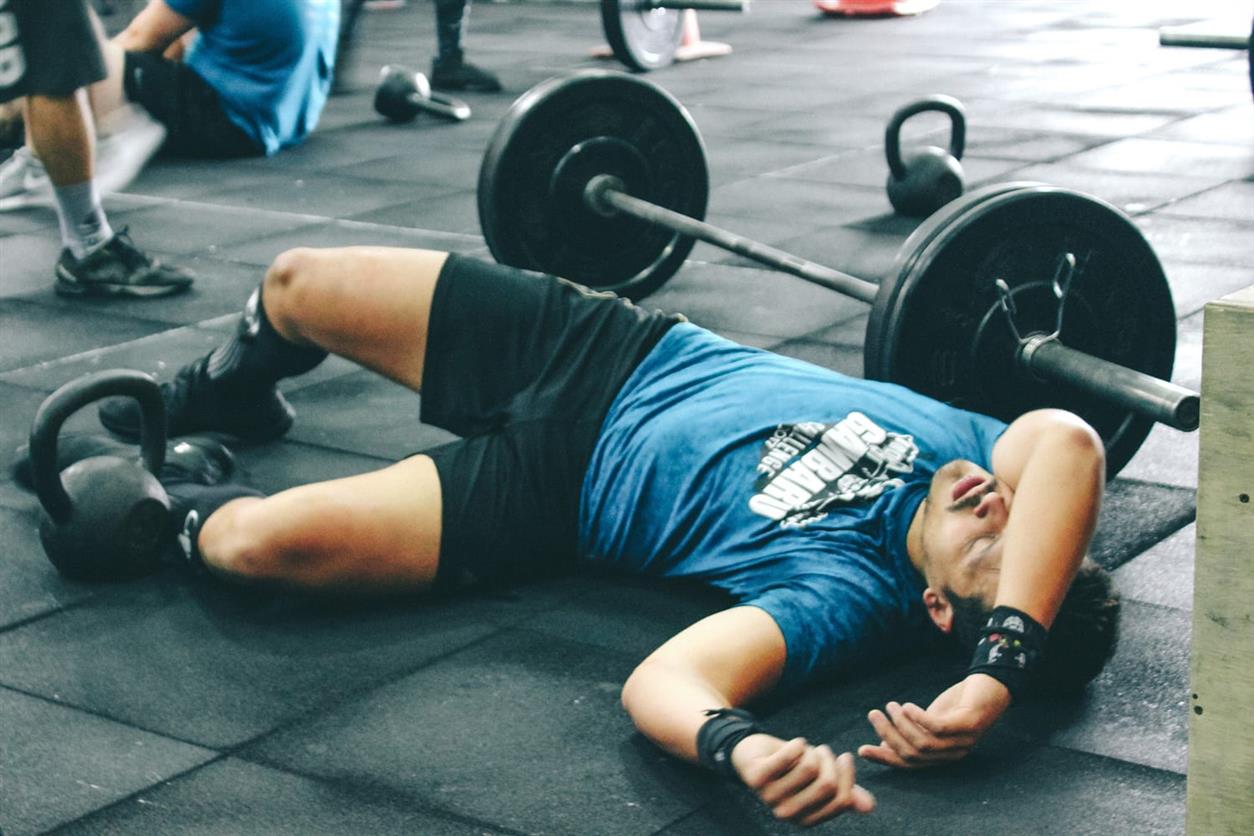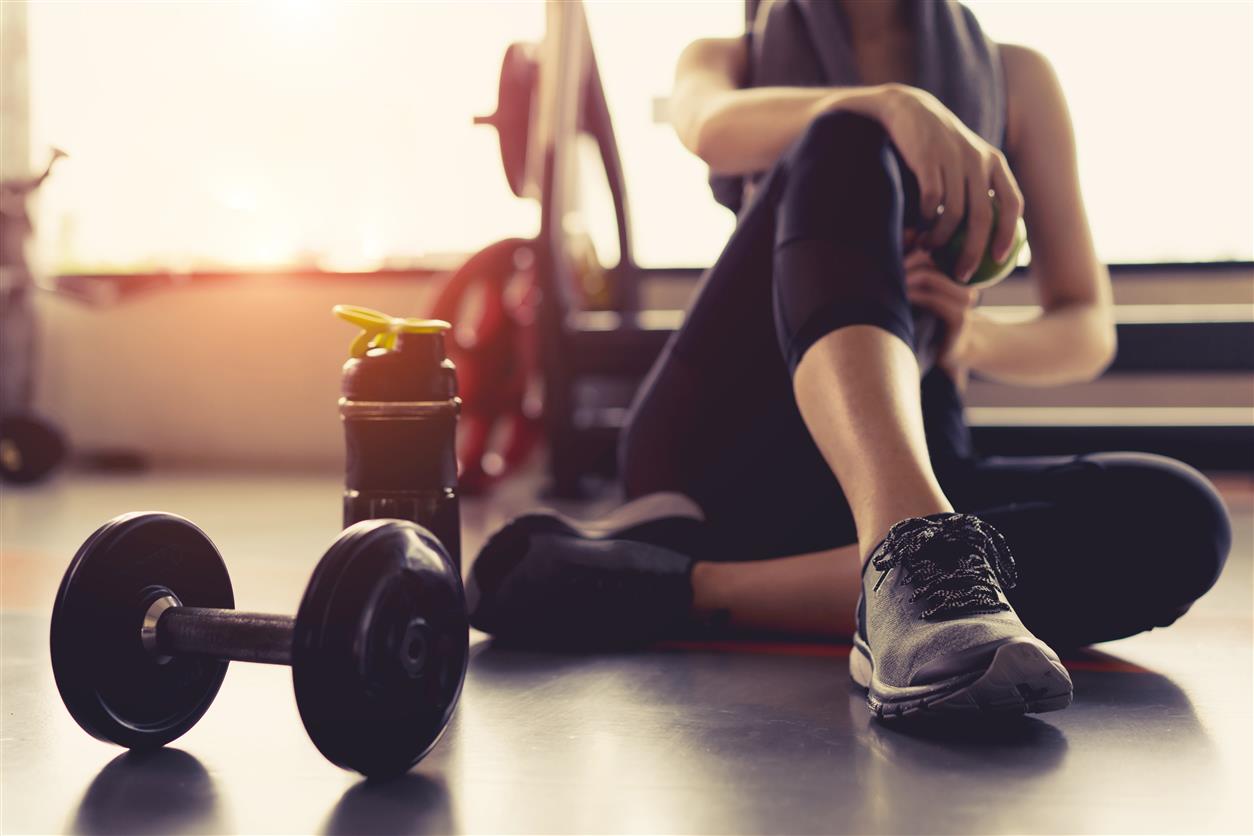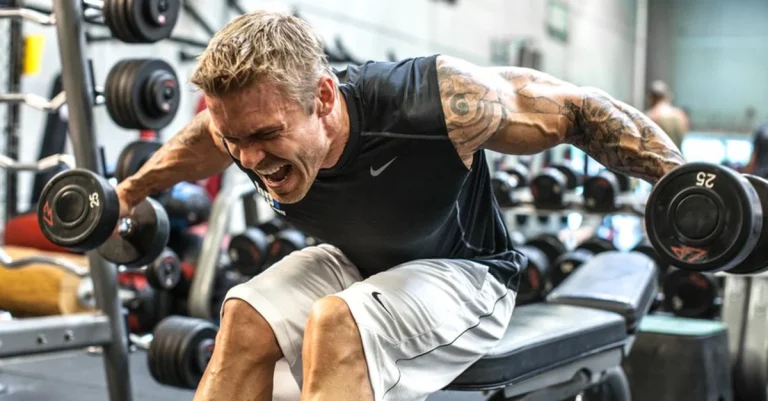Congratulations! You’ve just completed a challenging workout, pushing your limits and breaking a sweat. But the journey to achieving your fitness goals doesn’t end with the last rep. Post-workout recovery is just as crucial as the workout itself, if not more. It’s during this recovery phase that your body repairs and rebuilds, leading to muscle growth, improved strength, and enhanced performance for your next session. In this article, we’ll explore various strategies that can expedite the healing process and promote optimal growth after a workout.
Nutrition for Recovery

After an intense workout, your body needs proper nutrition to refuel and repair. Here are five essential post-workout nutrition strategies:
- Protein Intake: Protein is essential for muscle repair and growth. Consuming a protein-rich meal or shake within 30 minutes to an hour after your workout can help kickstart the recovery process.
- Carbohydrate Refueling: Carbohydrates are vital for replenishing glycogen stores, the body’s primary source of energy during workouts. Including carbohydrates in your post-workout meal helps restore these energy levels.
- Adequate Hydration: Proper hydration is key to optimal recovery. Make sure to drink enough water post-workout to replenish fluids lost during the exercise and aid in nutrient absorption.
- Incorporate Healthy Fats: Healthy fats, like those found in avocados and nuts, can aid in reducing inflammation and supporting overall recovery.
- Vitamins and Minerals: Ensure your post-workout meal includes a variety of fruits and vegetables to provide essential vitamins and minerals that aid in recovery and overall immune function.
Rest and Sleep

Rest and sleep are vital components of post-workout recovery. Here’s how to optimize them for better results:
- Prioritize Sleep: Aim for 7-9 hours of quality sleep per night. During sleep, the body repairs and rebuilds muscles, balances hormones, and boosts overall recovery.
- Active Recovery: Engage in light, low-intensity activities like walking, yoga, or stretching on rest days. Active recovery promotes blood circulation and can help reduce muscle soreness.
- Listen to Your Body: If you’re feeling fatigued or sore, don’t hesitate to take an extra day off or modify your workout routine. Pushing through exhaustion can lead to burnout and hinder progress.
- Foam Rolling and Stretching: Incorporate foam rolling and stretching into your routine to release muscle tension and improve flexibility, aiding in faster recovery.
- Mindfulness and Stress Management: Practice relaxation techniques like meditation, deep breathing, or mindfulness to manage stress levels, which can directly impact your recovery.
Supplemental Support

Supplements can complement your post-workout recovery efforts. Here are five popular options:
- Whey Protein: A convenient and effective way to meet your protein needs post-workout, aiding muscle repair and growth.
- BCAAs (Branched-Chain Amino Acids): BCAAs can help reduce muscle soreness and support muscle recovery and growth.
- Creatine: Known for enhancing strength and muscle mass, creatine can be a beneficial addition to your recovery routine.
- Fish Oil: Rich in omega-3 fatty acids, fish oil helps reduce inflammation and supports joint health.
- Magnesium: Magnesium supplements can aid in muscle relaxation and recovery, especially if you have sore muscles.
Physical Therapies and Techniques

Incorporating specific physical therapies can expedite recovery. Here are five options to consider:
- Massage Therapy: Massages help relax muscles, reduce tension, and improve blood flow, promoting faster recovery.
- Cold and Heat Therapy: Alternating between cold and heat treatments can aid in reducing inflammation and alleviating muscle soreness.
- Compression Garments: Wearing compression garments can improve blood circulation and reduce muscle fatigue, enhancing overall recovery.
- Electrotherapy: Techniques like electrical muscle stimulation (EMS) can help with muscle relaxation and recovery after intense workouts.
- Hydrotherapy: Immersing yourself in a cold or hot water bath can aid in reducing muscle soreness and improving recovery.
Conclusion

Post-workout recovery is an indispensable part of your fitness journey, and neglecting it can hinder your progress and increase the risk of injury. By focusing on proper nutrition, adequate rest and sleep, utilizing supplements, and exploring various physical therapies, you can accelerate healing, enhance muscle growth, and achieve your fitness goals more efficiently. Remember, the journey to a stronger, fitter you doesn’t end at the gym—recovery is where the magic happens. So, prioritize it, listen to your body, and watch your gains soar. Happy training!

